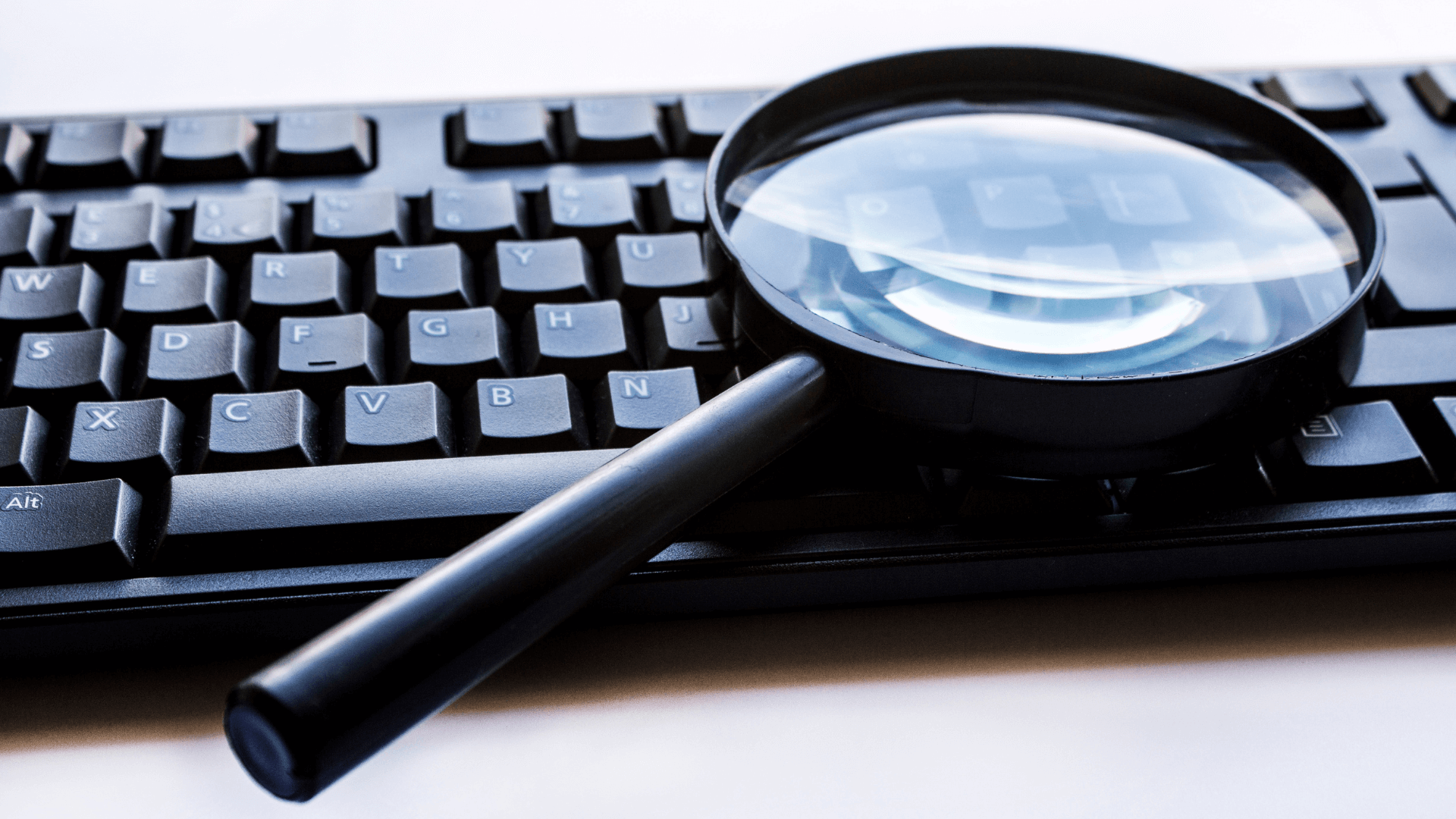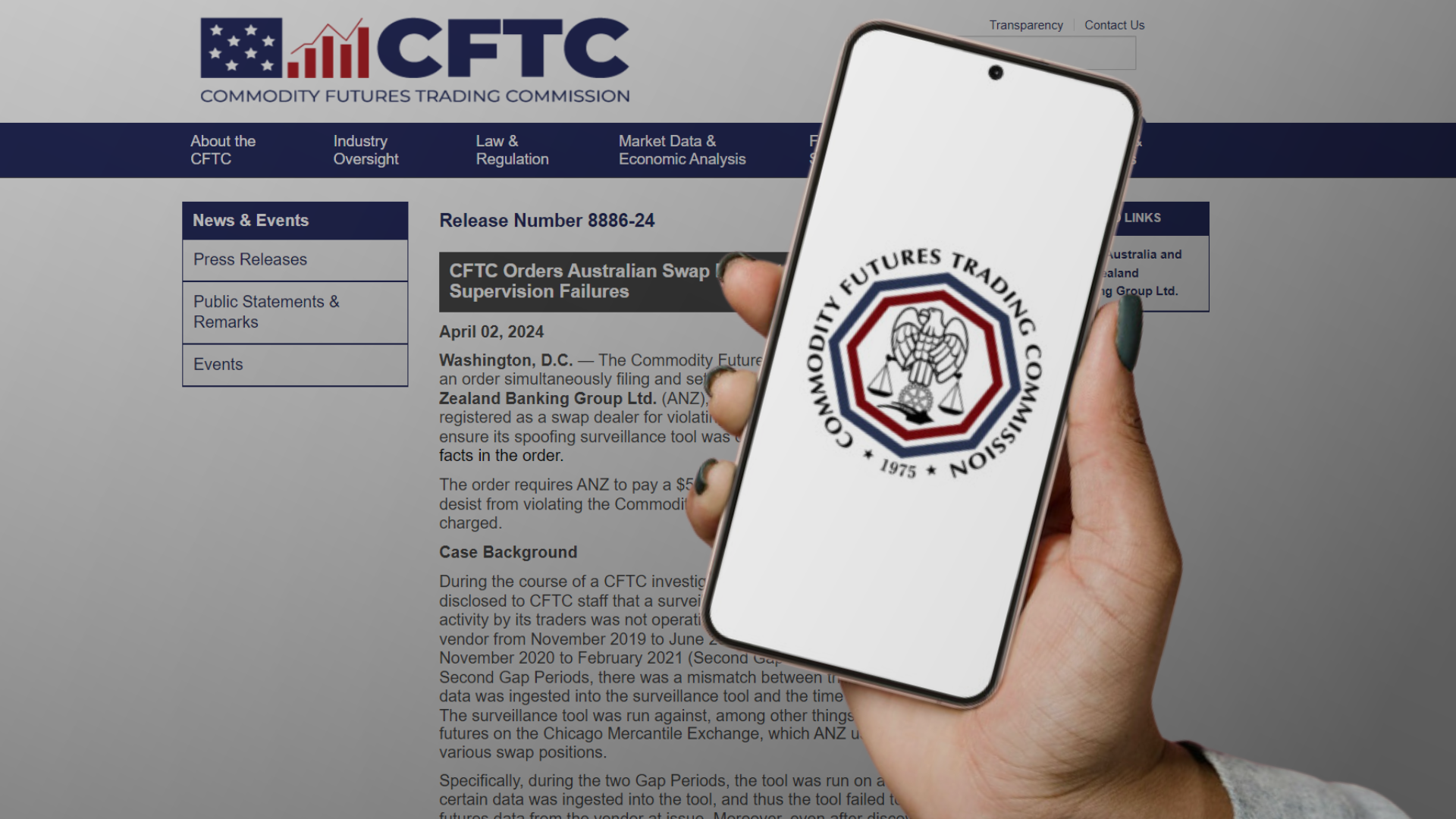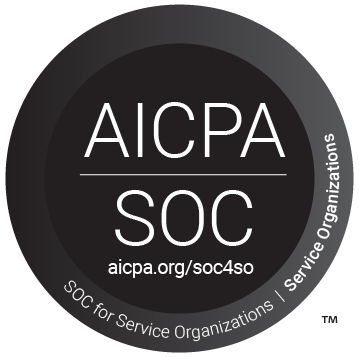Holistic surveillance can deliver a more efficient, effective and flexible approach to market abuse monitoring and detection - which is vital as firms put in place business continuity plans for the coronavirus outbreak. So why are more firms not buying in to this approach?
Although the EU’s Market Abuse Regulation (MAR) was implemented almost four years ago now, most financial firms are still struggling with disparate data sets, too many false positives and a sense that actual incidents of market abuse may be slipping through the technology net. Meanwhile, regulators are increasing pressure on firms to raise their game, and the recent coronavirus outbreak is forcing firms to rethink trade surveillance capabilities in the face of a significant proportion of workers self-isolating at home.
At the moment, many compliance teams are having to contend with a patchwork of legacy solutions spread out over different geographies and business lines. Systems can also vary by the type of data being monitored, including communications, orders, trades, CRM information and market data. The result is data cacophony – making it is almost impossible for compliance teams to align the data from these different sources so that they can find the signal in the noise and identify market abuse. Although a headache, this isn’t necessarily an issue during regular business practises. However, in light of the coronavirus outbreak, this is posing a significant challenge for firms in being able to effectively oversee the activities related to trading in a remote working context.
Some market abuse detection systems say they provide “holistic surveillance” but the reality is that under the hood the technology is not integrated. We have seen this in some of the recent industry partnerships with incumbents that offer either side of the equation coming together. Compliance teams who bring them onboard find themselves no better off – they are still contending with multiple separate user interfaces, data repositories and other components. And all this data could be subject to the static conditions that may have been in place for many years, for example using desk voice recording rather than mobile or VoIP.
A siloed approach to market abuse detection – one in which data sources are not truly integrated – is inefficient and expensive to run because of infrastructure duplication, false positives and lack of flexibility in deployment. It also leaves firms exposed to increased financial crime risk, compliance risk and reputational damage. For example, in April 2019 Linear Investments was fined £400,000 for having inadequate systems for detecting potential market abuse. In October, inter-dealer broker Tullett Prebon was hit with a £15.4 million penalty for inadequate controls to prevent manipulated and wash trades within its rates division. For 2020, the UK Financial Conduct Authority (FCA) is making no bones about the fact that its crackdown on market abuse will continue, aided by software that can comb through trade and communications data for potential red flags. It also seems unlikely that the regulator would turn a blind eye to a rise in market abuse incidents during a coronavirus outbreak. In their recent statement about COVID-19, the FCA stated that it “expects firms to take all reasonable steps to meet their regulatory obligations.”
Taking a new direction
It’s clear that many firms will need to change their approach to MAR compliance and move to a more integrated and flexible approach to managing and monitoring market abuse data. Holistic surveillance is the ability to collate and monitor multiple structured and unstructured data sets together, creating an enhanced and more complete understanding of activity within the firm. Key characteristics that firms should look for to identify solutions that provide holistic surveillance include:
-
Storing data in the cloud – By holding all the structured and unstructured data in the cloud, large volumes of data can be processed quicker, at a lower cost and more accurately. It can also be accessed and used with more flexibility.
-
Advanced algorithms, AI and ML – Today’s cutting-edge artificial intelligence and machine learning technology is now being applied to market abuse oversight. This technology is enabling firms to detect patterns across multiple data sets and can learn and improve on its detections as it goes along. In doing so, MAR algorithms can reduce false positives and generate more relevant alerts.
-
Embedded data cleaning and normalisation – By leveraging cloud storage and using the right algorithms, data can be centralised and normalised in one location. By doing so, data cleansing and validation can be embedded in the process, ensuring data integrity.
-
Flexible working – Certainly, the coronavirus is causing firms to rethink how their compliance processes can cover individuals working from home. As regulations and enforcement practices continue to develop, so do related areas such as data privacy laws. A cloud-based integrated trading and communications surveillance solution allows firms to adapt to changing corporate landscapes and cater for home working without sacrificing any operational processes. With the ability to monitor all trading activity as well as communications across mobile and corporate devices, business as usual can continue regardless of the physical location of staff.
-
Supporting new technologies – Voice recognition, integrated tuning and data processing techniques are evolving constantly. Holistic surveillance allows compliance teams to embed innovation much more easily and future proof development.
These elements of holistic surveillance enable firms to reduce costs associated with market abuse monitoring. It also improves the accuracy of alerts, creating better compliance outcomes, lower levels of false positives, more accurate detection of market abuse and the ability to assemble evidence more quickly and easily. More importantly, it can enable firms to effectively manage the increasing need for remote working in light of the coronavirus outbreak.
Holistic surveillance is here, and the firms who have already adopted this approach will certainly be able to manage their regulatory obligations more effectively whilst enabling remote working.








